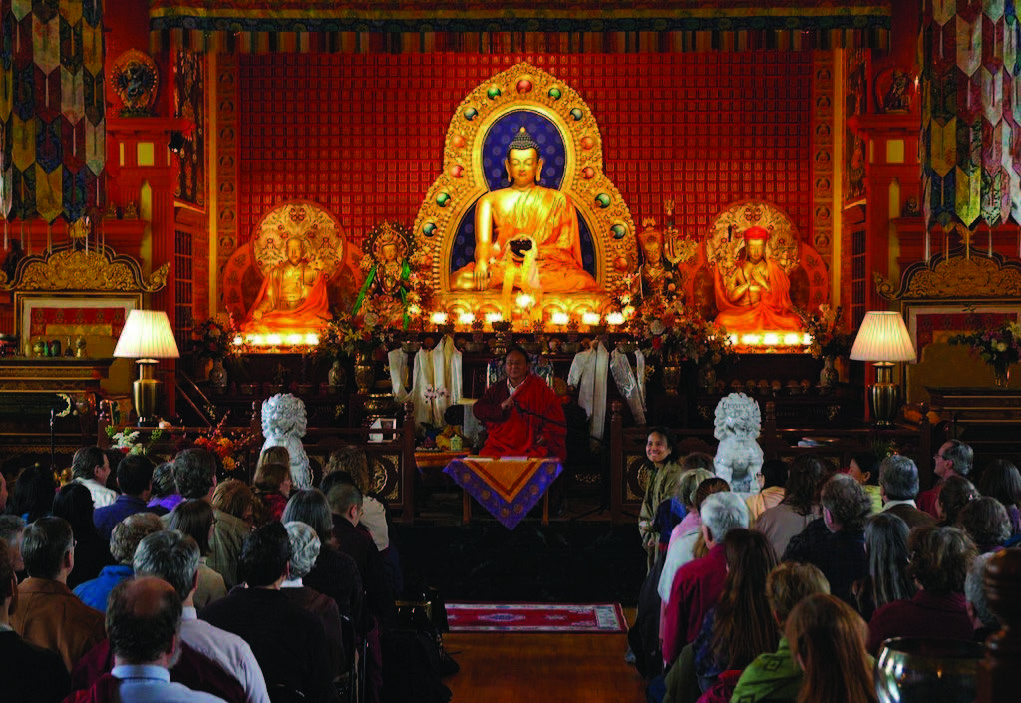
A new report by the International Campaign for Tibet documents how the Chinese Communist Party (CCP) has recently focused on harshly repressing clerics as the key to repressing Tibetans as a people. Writing in the newsletter Bitter Winter (March 25), Marco Respinti cites the report, Party Above Buddhism: China’s Surveillance and Control of Tibetan Monasteries and Nunneries, as confirming that the aim of the Communist Party is “replacing religion and cultural identity in the hearts and minds of Tibetans—harassing their bodies and spirits when it fails.” Respinti adds that the report documents with figures and examples how Tibetans still loom large among the list of those most persecuted under the CCP, including the Muslim Uyghurs, the single most persecuted people in China, and the Church of Almighty God (CAG), the single most persecuted religious movement there. “Buddhist monks and nuns form the single largest group assailed by the government of China for their persistent resistance against the state’s destruction of Tibetan culture and identity,” according to the report. It goes on to state that the CCP persecutes Tibetan clerics through massive surveillance, with the excuse of maintaining “stability,” even if preemptively. According to the latest data available, published in the CCP’s China Daily, in September 2015, 6,575 cadres from different levels in the party and government hierarchy worked in the 1,787 monasteries in the Tibetan region. That “means three, sometimes four party.

CC BY 2.0 <https://creativecommons.org/licenses/by/2.0>, via Wikimedia Commons.
officials, i.e., spies, hecklers and harassers per monastery, disturbing and controlling religious practice and daily life.” The report frames these facts and figures within the larger context of President Xi Jinping’s strategy of sinicization, which equates being “authentically” Chinese with obedience to Communist rule. Sinicization is now under the auspices of the United Front Work Department (UFWD). The report adds that “[a]lthough the UFWD always played an important role in Tibet policy in the past, especially since the establishment of its seventh bureau dealing with Tibetan affairs in 2005, this structural change gave an arm of the CCP even more power and significance in overseeing the implementation of the policies in Tibet and in particular controlling the monastic community. This is also confirmed by the tripling of the budget for the UFWD in the [Tibet Autonomous Region] in the past five years.” In recent years, the UFWD has been manufacturing a fake “monastic community compliant to the doctrine of a one-party state,” by means of which “the authenticity of Tibetan Buddhism is profoundly being attacked and diluted.” The report is pessimistic about Tibetan Buddhism’ssurvival, as the CCP is effective, though slowly, eroding the development and transmission of the religion’s traditions, canon, and rules.
(Bitter Winter, https://bitterwinter.org/diluting-tibetan-buddhism-to-cancel-an-entire-people/)